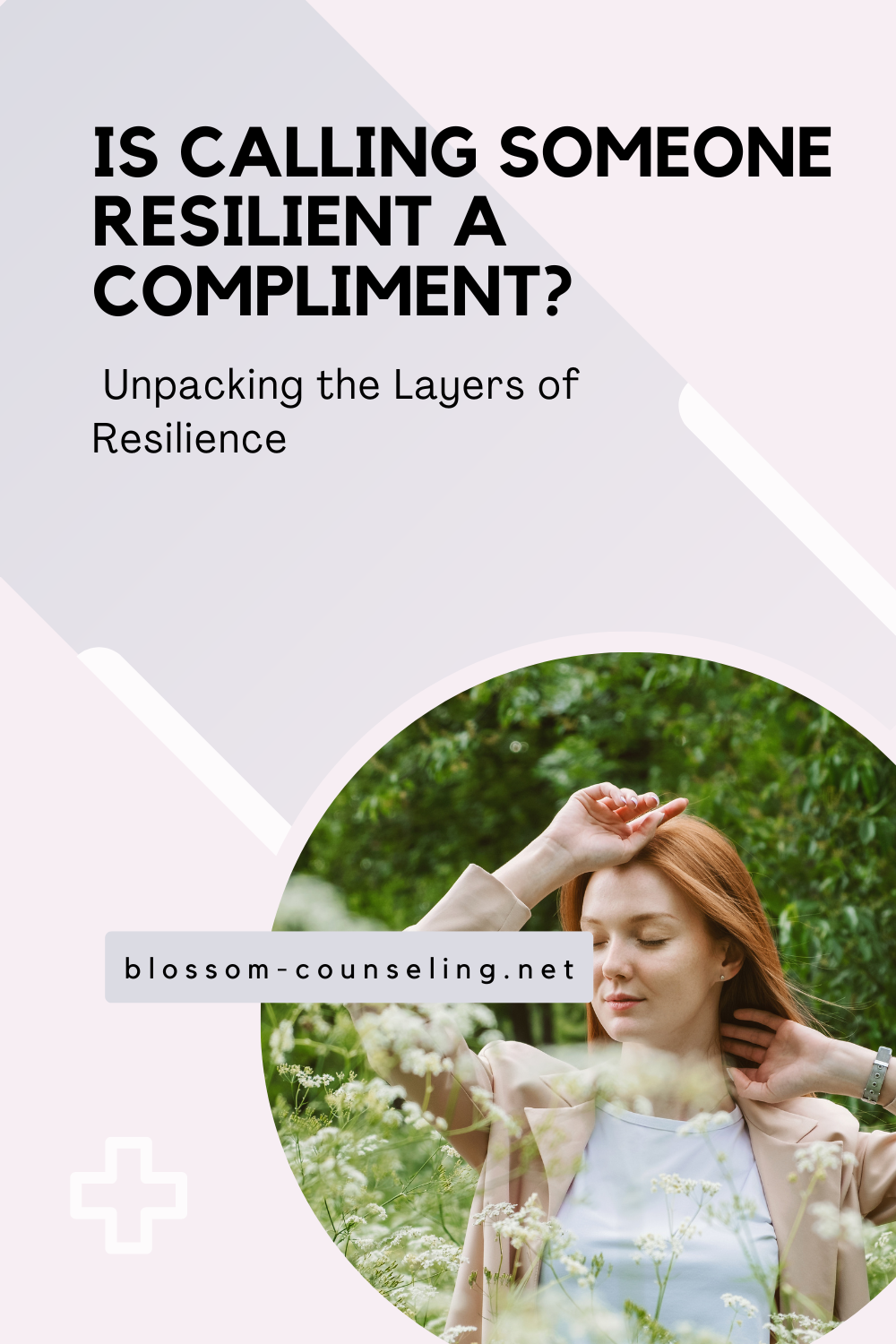 When you hear the word “resilient” applied to someone, it often conjures up images of a person who’s tough, adaptable, and capable of bouncing back from life’s challenges. On the surface, resilience sounds like a solid compliment, akin to acknowledging someone’s strength and tenacity. But like many aspects of our complex human experiences, the idea of resilience isn’t just black and white. It’s layered with various meanings and implications that can be both empowering and burdening.
When you hear the word “resilient” applied to someone, it often conjures up images of a person who’s tough, adaptable, and capable of bouncing back from life’s challenges. On the surface, resilience sounds like a solid compliment, akin to acknowledging someone’s strength and tenacity. But like many aspects of our complex human experiences, the idea of resilience isn’t just black and white. It’s layered with various meanings and implications that can be both empowering and burdening.
Resilience: A Double-Edged Sword?
At its core, resilience is undoubtedly a positive trait. It reflects a person’s ability to recover from setbacks and adapt to difficult circumstances. In the realm of mental health, resilience is often heralded as a key ingredient for coping with stress, anxiety, and depression. It suggests a robust psychological makeup that enables individuals to navigate through life’s storms relatively unscathed.
However, labeling someone as resilient can sometimes have unintended consequences. It can imply that because they are resilient, they should be able to handle everything that comes their way without help. This expectation can place an enormous burden on the individual, making them feel that they must always cope on their own and not show vulnerability. The constant pressure to be strong can lead to burnout and a reluctance to seek necessary support.
The Spectrum of Resilience
Resilience is not a one-size-fits-all attribute. It varies greatly among individuals and can even fluctuate in the same person over different periods or among various situations. Some might find themselves resilient in professional setbacks but struggle emotionally with personal losses. Understanding this spectrum is crucial because it highlights that being resilient doesn’t mean being invincible. It means having a set of skills that can be called upon when needed, and like any skill, it can be honed and developed over time.
Cultivating Resilience: A Balancing Act
Building resilience is akin to building a muscle; it requires consistent effort and the right strategies. It involves fostering a positive outlook, maintaining good social connections, practicing mindfulness, and developing problem-solving skills. It also importantly includes recognizing when to ask for help. Encouraging resilience is not about pushing people to handle more on their own; it’s about equipping them with the tools to manage their challenges effectively while knowing they don’t have to do it alone.
Recognizing and Supporting Resilience
Calling someone resilient can be a compliment if it’s done in a way that acknowledges their capabilities without dismissing their need for support. It’s about celebrating their strength while also offering empathy and assistance when they need it. It’s recognizing that sometimes, the strongest thing a person can do is reach out for help.
In understanding resilience, we open up a dialogue about what it truly means to be strong. It’s not about enduring hardship through sheer willpower alone; it’s about navigating life’s complexities with a full spectrum of responses, from independence to asking for support.
So, is calling someone resilient a compliment? Yes, it can be, as long as we remember that resilience is not just about enduring but thriving — with the community, support, and personal strategies that make endurance possible. In recognizing both the strengths and needs of resilient individuals, we foster a more supportive and understanding community that enhances the mental health of everyone involved.
This nuanced approach allows us to appreciate resilience not just as a personal trait but as a collective goal that we can all support and strive towards, making resilience a truly meaningful compliment.
|
|
Our team of compassionate therapists is here to help you find the support you need. We believe in a holistic approach, treating your mind, body, and spirit. With a blend of traditional and alternative therapies, we tailor your experience to meet your unique needs. At Blossom, we create a non-judgmental space where you can be your authentic self. Our goal is to empower you, amplify your strengths, and help you create lasting change. Together, we’ll navigate life’s challenges and help you bloom, grow, blossom! You deserve to become the best version of you.




